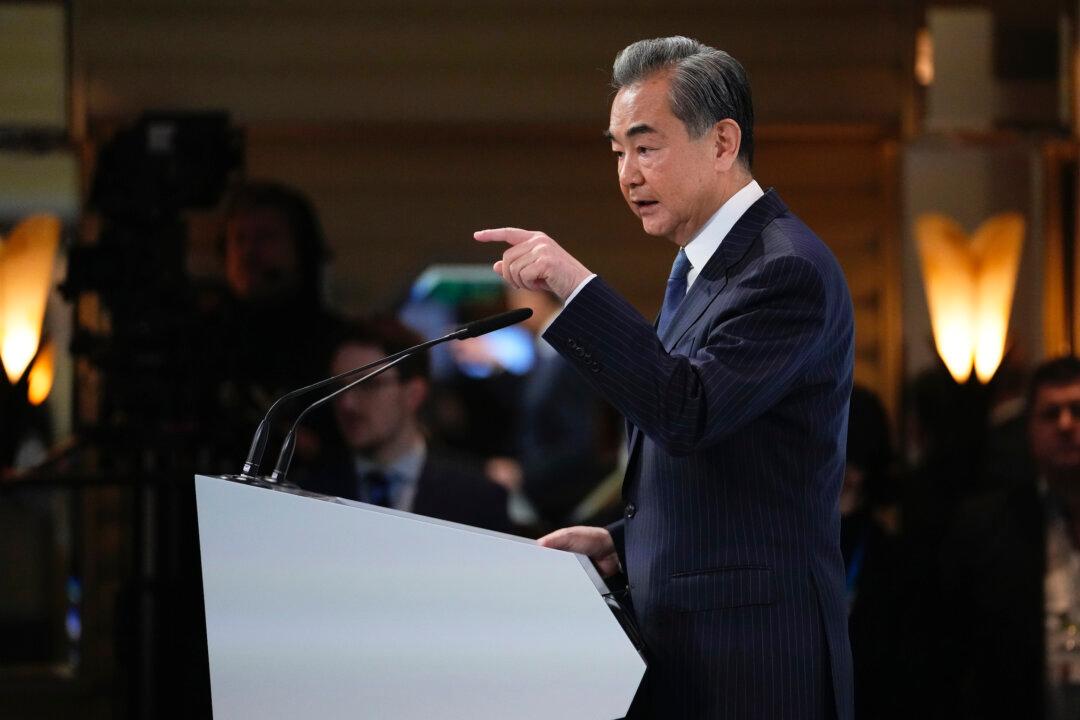News Analysis
China has been quite busy denouncing the United States in the past two weeks, through both diplomatic and propaganda channels.

China has been quite busy denouncing the United States in the past two weeks, through both diplomatic and propaganda channels.